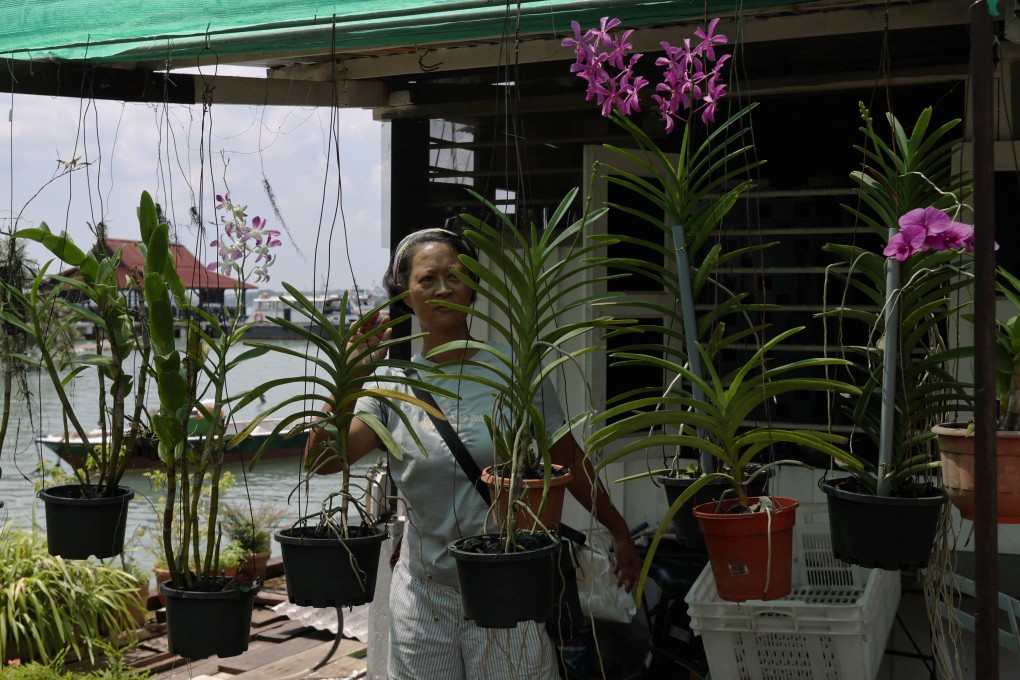Advertisement
The View | Why there’s no end in sight to Singapore’s property cooling measures
While stricter curbs might be politically unpalatable, ensuring public housing remains accessible and affordable is a bigger concern
Reading Time:4 minutes
Why you can trust SCMP
1

In Hong Kong, long-standing measures to dampen speculative demand in the city’s residential property market were belatedly scrapped in February in an effort to help reverse a prolonged slump in prices and transactions. Yet since the beginning of this year, second-hand house prices have fallen a further 6.1 per cent.
Singapore has the opposite problem. Successive rounds of cooling measures since the Covid-19 pandemic erupted have failed to take the heat out of parts of its housing market. This is fuelling speculation over when the next round of restrictions – the first set of cooling measures was introduced in 1996 – is likely to be imposed.
Last month, sales of new private homes surged to their highest level since March 2013. Developers sold 2,557 units, more than in the previous six months combined and an increase of 226 per cent compared with November 2023. While the remarkable sales performance was driven largely by the launch of six new projects, it was enough to prompt renewed talk of another round of cooling measures.
Advertisement
Although speculation over the timing of new curbs is a national fixation in Singapore, previous spikes in transactions were often followed by sharp rises in prices, triggering government intervention. Prices of private properties, while having slowed significantly this year, still stand at a record high. “Everyone’s a bit edgy about how prices are staying at these levels despite all the cooling measures,” said Christine Sun, chief researcher and strategist at OrangeTee Group.
This has focused attention on the effectiveness of the regulations, which include tighter restrictions on mortgage lending, higher taxes (especially for non-residents and those buying their second, third and subsequent properties) and measures to discourage property flipping.
One of the problems is diminishing returns. Singaporean citizens have grown accustomed to the government’s repeated attempts to cool the housing market and have found ways to circumvent some of the restrictions.
Advertisement
Select Voice
Choose your listening speed
Get through articles 2x faster
1.25x
250 WPM
Slow
Average
Fast
1.25x

